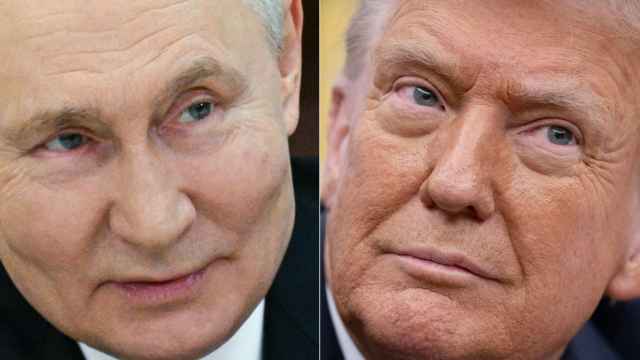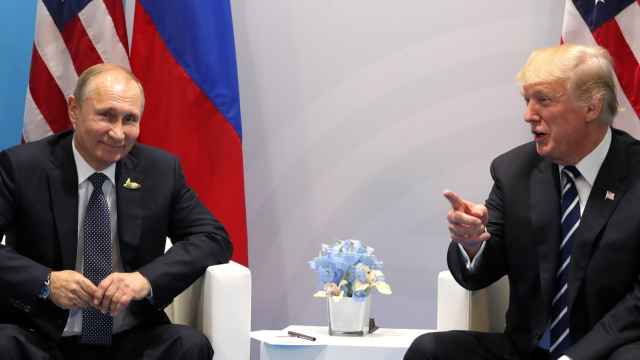Russia's car market shrank 42.5 percent this March as carmakers struggled with ruble devaluation, oncoming recession and a saturated market, according to market data released Wednesday.
March sales of new cars and light commercial vehicles were 139,850 vehicles, down from 103,482 vehicles in March last year, said the Association for European Businesses (AEB), a lobby group that monitors the market. Last month the market fell 38 percent year-on-year, the AEB said.
The AEB blamed the fall in sales on the weak ruble, which has fallen around 40 percent against the U.S. dollar since the start of last year. The rapid devaluation raised the cost of imported cars and spurring panic buying last December as Russians hurried to buy before dealers revised prices.
"What we are seeing now in the sales statistics is the long-predicted 'hole' in consumer demand, caused by the pull-ahead of car purchases at the end of last year," Joerg Schreiber, chairman of the AEB's automobile manufacturer's committee, was quoted as saying in an AEB press release.
Car sales fell 10 percent last year, avoiding a worse fall thanks to December's panic purchases, according to the AEB.
The market may shrink by as much as 27 percent this year, car market analysts IHS Automotive said in February. Russia's economy as a whole is expected to contract by up to 5 percent this year as low oil prices clip state spending and Western sanctions over the Ukraine crisis strangle investment.
Many car makers are cutting back on Russian production or abandoning the market entirely. U.S. automaker GM in March began winding down production of its Opel brand in Russia and all but ended production of its Chevrolet line. Peugeot, Nissan and Renault have all halted production at Russian factories for brief periods since the start of the year.
A Message from The Moscow Times:
Dear readers,
We are facing unprecedented challenges. Russia's Prosecutor General's Office has designated The Moscow Times as an "undesirable" organization, criminalizing our work and putting our staff at risk of prosecution. This follows our earlier unjust labeling as a "foreign agent."
These actions are direct attempts to silence independent journalism in Russia. The authorities claim our work "discredits the decisions of the Russian leadership." We see things differently: we strive to provide accurate, unbiased reporting on Russia.
We, the journalists of The Moscow Times, refuse to be silenced. But to continue our work, we need your help.
Your support, no matter how small, makes a world of difference. If you can, please support us monthly starting from just $2. It's quick to set up, and every contribution makes a significant impact.
By supporting The Moscow Times, you're defending open, independent journalism in the face of repression. Thank you for standing with us.
Remind me later.






